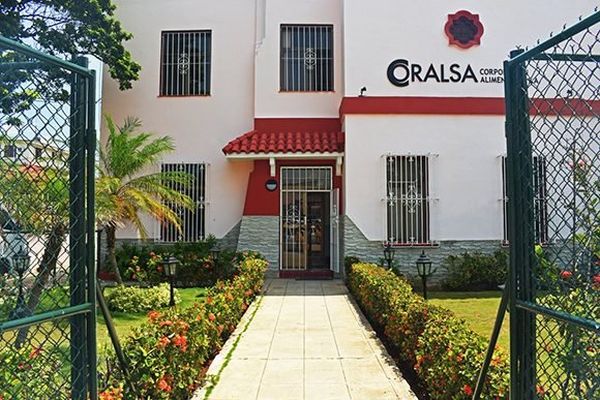
The certainty that Cuba is an attractive and safe place for foreign investment, and of great potential, was ratified with the constitution of the mixed company Proxcor S.A., the result of the merger between the Slovak group Proxenta and the Cuban Corporación Alimentaria S.A. Coralsa, an association that will be dedicated to the production of sweets, jams and other food products.
The news confirms that neither genocidal blockades nor laws such as Helms-Burton, will limit the confidence and commitment of global business for the island.
Granma newspaper points out that this agreement will be officially endorsed this Wednesday, and constitutes a good news for the Cuban market and another step in the recovery of the national food industry, which due to technological obsolescence and other limitations was forced to import thousands of tons of these products.
Slovak company’s general director and owner explained that the planned investment of 40.9 million pesos includes the installation of the most modern existing technology, which will allow the delivery of products for the Cuban market and for export.
He also said that when the technological reconversion concludes, the new factory to be built in Caibarién, Villa Clara, will have a production capacity of more than 12,000 tons annually, distributed in different assortments: regular and creamy cookies, sorbets, candy and lollipops in addition to breakfast cereals, under the brands Guaní and Toco.
President of Coralsa, Nelson Arias Moreno, explained the advantages of the agreement for both parties, and said that the investment process is planned to take place in the next five years, in different stages, in the first of which will make cookies and sorbets, and then in 2023, the rest of the productions.
To get an idea of the value and importance of the agreement reached, suffice it to say that in the last five years, the country imported more than 41 500 tons of jams, an annual average about 8 400, which meant an almost 157.8 million dollars disbursement.
 Escambray ENGLISH EDITION
Escambray ENGLISH EDITION





Escambray reserves the right to publish comments.